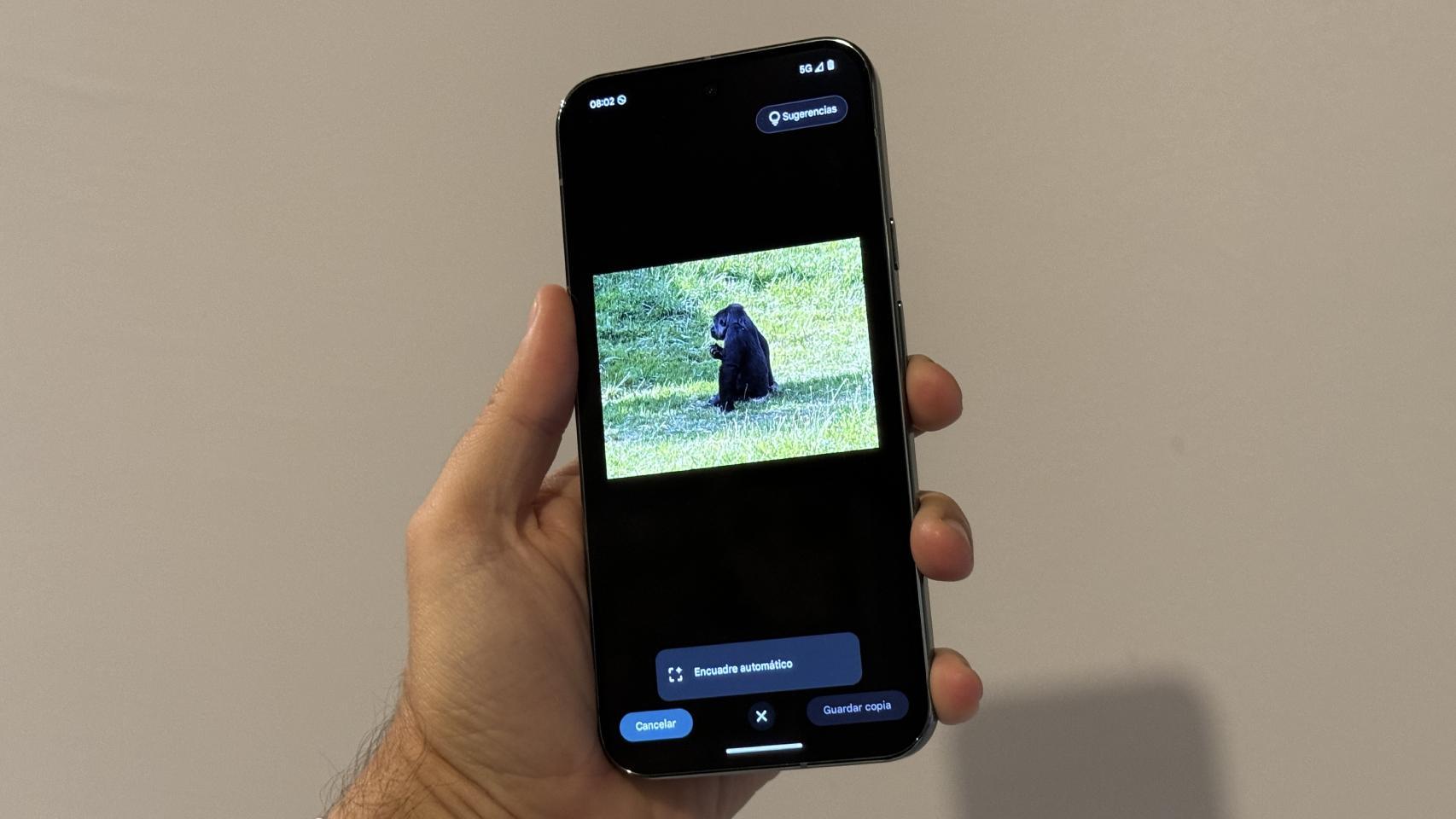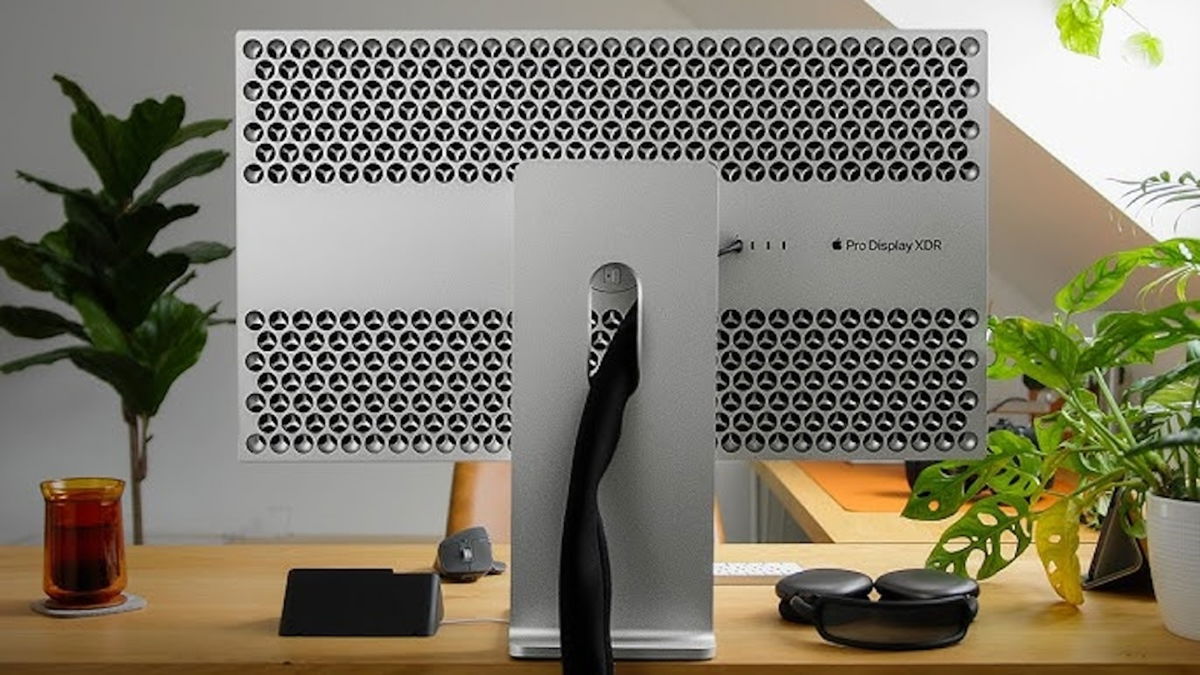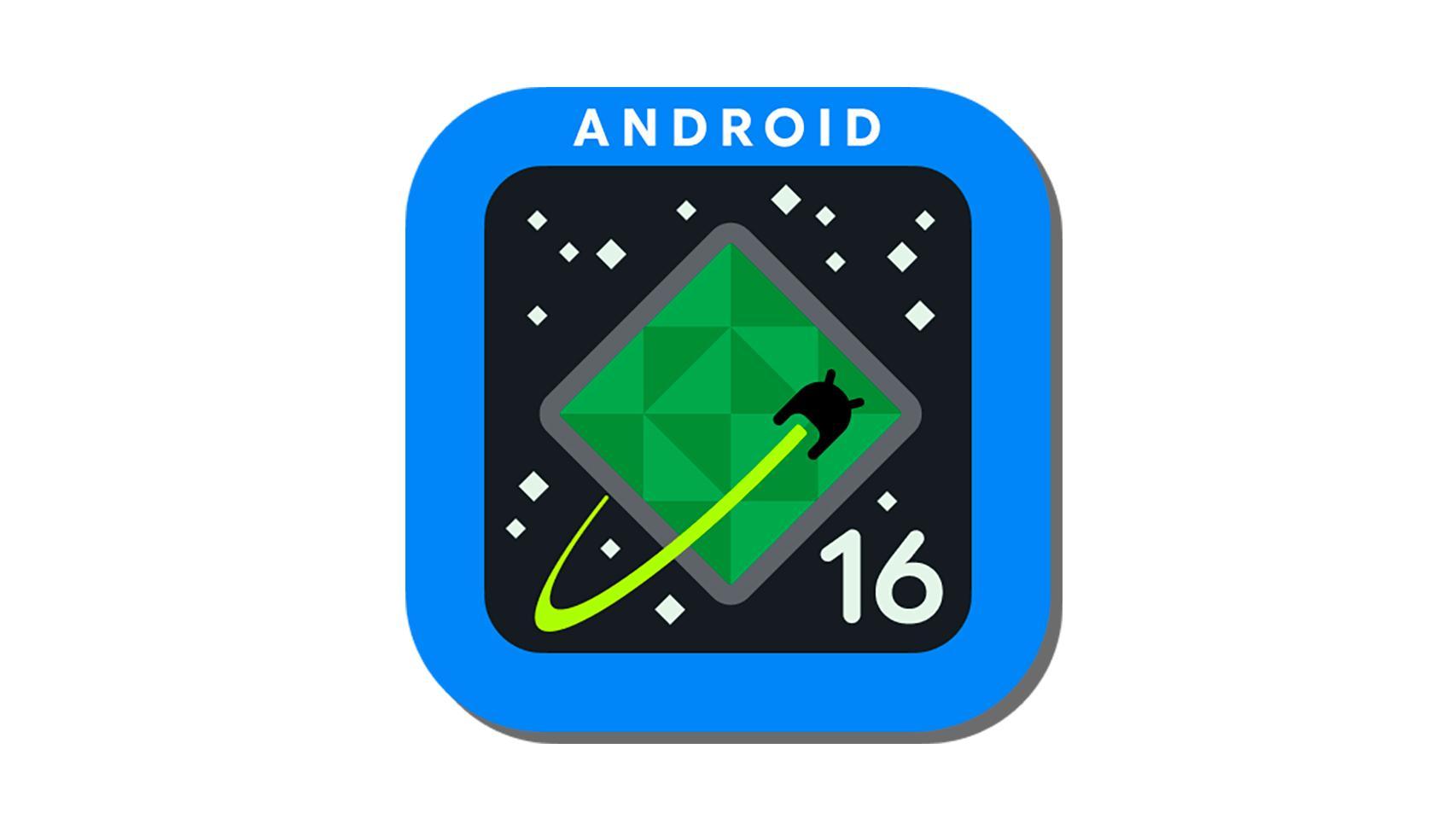Google has achieved that so far only Microsoft had: it created an app that would be used by hundreds of companies and succeed without having to make its own hardware. Yes, they both have a line of fine-tuned hardware, but closer to the success of their applications it has been minimal.
Trump opened Pandora's box with a veto on Huawei
The Trump administration has removed a veto on Huawei, but this has created many doubts about how we see American companies.
Redmond's findings have been replicated by Palo Alto's high-energy company. Smart mobiles have proved to be more suitable than computers.
Although Android has had to contend with the operating systems of Microsoft, Nokia or Blackberry, it is clear that it has managed to win and currently iOS is the only competent competitor, although shares in the market are quite different.
However, this has also taken away opportunities for users, who have been forced to use one of these two options. But it looks like there will be a third, albeit mandatory.
Huawei doesn't want to rely on Google anymore
In a statement among journalists, Huawei's Country Manager in Austria, Fred Wangfei, would say that Huawei would no longer use Google Play Services even if the US government approved it. On the other hand, his A Dutch colleague He also said besides that, that Google is an important partner and that they can collaborate in the future if possible. At the time of writing this article we contacted Huawei Spain to find out if there was an official response and hours later the company issued a very brief statement:
An open source system with Android remains our starting point, but if we can keep using it, we have the potential to improve ours.
Apart from those words implying a categorical refusal, which seems clear The company knows that so far it has relied heavily on Google. Similar to other manufacturers using Android. And he doesn't want that to happen again.
Huawei will launch its leading mobile phone on February 22 in Barcelona
Pablo Wang, director of Huawei in Spain, has made it clear that Huawei's next flag will be launched on February 22 in Barcelona.
Whether the Trump administration removed Huawei from the list of entities, or if it gave Google permission to partner with Huawei, nothing guarantees that in a few months or years it will never happen again.
We don't know if Huawei's mobile platform could survive outside China without Google, and we won't be back with them if the government allows it, but it would be nice to see a future where it wasn't.
Three mobile apps that work, instead of two
As he notes Alex Barredo on Twitter, we can be in the middle section before something we haven't seen in a long time: three practical applications available to users in stores:
- Apple: IOS with AppStore.
- Huawei: Android AOSP through App Gallery and HMS (Huawei Mobile Services).
- Other products: Google Android with Pay Store and GPS (Google Play Services).
This move will allow for the construction of a third ecological system that was not in the hands of America. Just in case we don't stop to think about it, Android and iOS are American systems, and Asia and Europe mean nothing.
Huawei will build one of its own on Google Maps with the help of Tom Tom
Huawei has signed an agreement with Germany's Tom Tom to develop a mapping app that works as an alternative to Google Maps.
In fact, Huawei would have asked Europe to build an alternative live streaming app on Google that could be used by its consumers without relying on American companies. It may seem crazy, but we've seen that before Symbian, Maemo and Meego
Tragedy means opportunity, right?
It is said that in Chinese the word used to convey the concept of difficulty is the same as that used to convey the idea of probability.
China, but also Europe, now has the opportunity to create a place where mobile ecosystem is being built (but also IoT and other technologies) that serve as images of what's being done in the United States.
Obviously it is not a solution to stop relying on the United States to make it from China, but without ignoring the risks, it would be the last chance for Europe to keep pace with the apparent war starting in China and America.
Huawei now has the opportunity to build an Android-based app without relying on Google. But most importantly you invite other firms to be part of it. Huawei should invite brands such as Sony, LG, Xiaomi, OPPO and other companies to create an ecosystem is more similar to what was in Symbian than it was on Android.
Or relying on a direct competitor like Samsung would be a good idea for them. It can take away from Google the power you have to distribute it among manufacturers, as it was before Android came to exist, but without losing sight of what we found in the moment: good synergy between different products.
These products would be happy to be able to lose their trust in Google if they rely on an organization that is similar to other products. Obviously, if Huawei is going to play the role of judge and team there is no reason for this, and this is where the Chinese company should not go astray.
The hardest thing for Huawei
But let us not divide opinions. Doing something like that, if possible, will be very difficult. Microsoft has already tried and failed, and giants like Amazon and Facebook have not had any better money. Huawei is the only manufacturer (probably along with Samsung), to lead such a move.
Right now we're starting to see how that can change, with European companies starting to roll out, with Chinese networking platforms like Tik Tok already happening around the world, not just in Asia.
The day Huawei was able to release Android from Google and didn't want to
With the loss of access to Google services, Huawei got the chance to release Android, but ultimately didn't.
The United States controversy is in crisis, which is why Donald Trump has launched his trade war, but it is not yet clear who has won, if anyone has won.
Table of Contents










